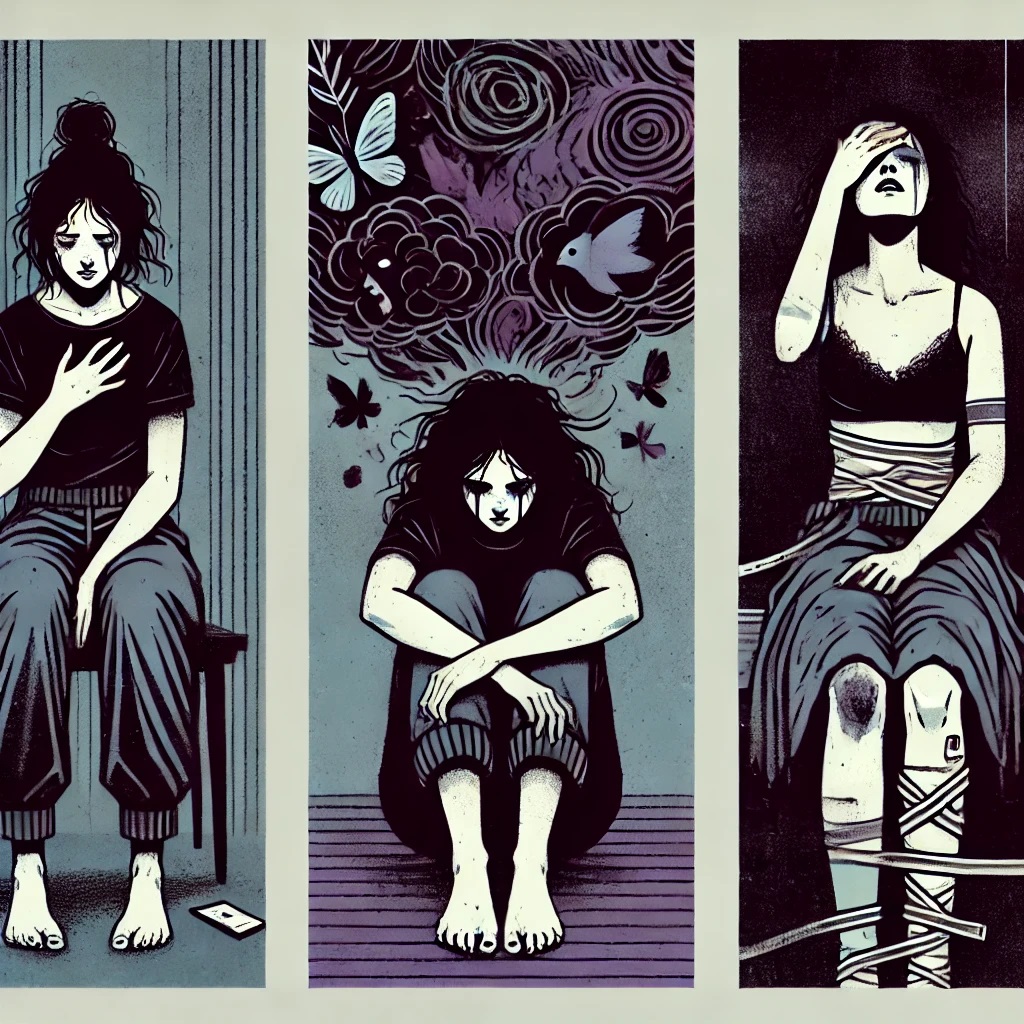
What is Trauma all about?
The words Trauma and Traumatic are increasingly being used and misused.
I even heard the word being used about a bad public transport journey! Unfortunately, that leads to trivialisation of the description of a very serious issue.
The word trauma comes from the Greek word traûma, which means “wound”. It was originally used to refer to physical injuries but is now more commonly used to describe mental and emotional wounds.
 The term trauma can indicate a physical injury, or a fearful or emotional response to a horrific event. Traumatic events dig deep into our memories and can leave hidden psychological symptoms long after any physical injuries have healed.
The term trauma can indicate a physical injury, or a fearful or emotional response to a horrific event. Traumatic events dig deep into our memories and can leave hidden psychological symptoms long after any physical injuries have healed.
The psychological reaction to severe emotional trauma is called post-traumatic stress disorder (PTSD). Symptoms of PTSD include depression, anxiety, flashbacks, and recurring nightmares.
This has now been accepted as affecting people working in dangerous occupations such as military, police, firefighters and other emergency services.
However, PTSD is still not widely recognised as affecting ordinary people living otherwise normal lives. Some common triggers of significant stress which can create PTSD include:
Violence, Riot, Traffic accidents, Physical attacks, Child abuse, and Sexual abuse.
 Many people think they have ‘got over’ these incidents but their lives and their health are still being affected by them with many chronic (long-term) conditions such as allergic reactions, aches and pains, depression, skin conditions and muscular and joint malfunctions.
Many people think they have ‘got over’ these incidents but their lives and their health are still being affected by them with many chronic (long-term) conditions such as allergic reactions, aches and pains, depression, skin conditions and muscular and joint malfunctions.
However, it is not just the experiences we can remember that can cause PTSD. The mind can bury memories of unpleasant experiences that it finds too uncomfortable to remember. Or maybe it can remember an unpleasant experience but it links back to an earlier one that it cannot remember.
In these cases, deeper help from a trained therapist is necessary to root out the original traumatic experience. Many of these earlier similar incidents occurred in childhood or even when we were babies. They may not seem significant to an adult but as a child, they were very meaningful. Great care must be taken in handling these and it cannot be done alone.
We are very fortunate to have as our resident Expert Adel Houten who is highly trained and experienced in this area and she writes regularly for our magazine with examples and anonymous case histories of people she has helped.




This Post Has 0 Comments